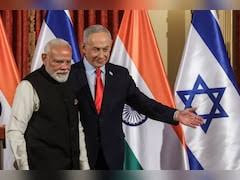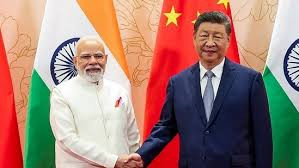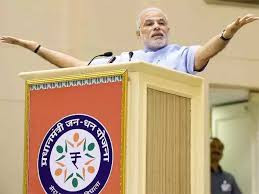Blood on Their Hands: India’s Shameful Inaction on Honour Killings
IIE Digital Desk : The persistence of honour killings is a chilling contradiction. More disturbing, however, is the Indian state’s consistent failure to legislate against this heinous crime. Honour killings, often masquerading as "family values" or "cultural tradition," are brutal acts of violence meted out against individuals—mostly women—who defy caste, community, or familial expectations, especially in matters of marriage and relationships.
Despite increasing instances of such crimes and widespread condemnation from human rights activists and the judiciary, India still lacks a standalone national law to specifically address honour killings. The existing legal framework treats these crimes under general homicide or assault provisions of the Indian Penal Code. This approach not only fails to grasp the unique sociocultural context of honour killings but also dilutes their systemic nature, reducing them to mere “domestic disputes” or “crimes of passion.”
This legal vacuum enables khap panchayats and regressive societal structures to act with impunity. These informal village councils, especially prevalent in northern states like Haryana, Rajasthan, and Uttar Pradesh, often operate outside the ambit of the Constitution, delivering extra-judicial “verdicts” that lead to the murder of young couples who dare to love across caste or religious lines. The chilling message is clear: tradition trumps personal freedom, and blood is the price of defiance.
The courts have recognized this threat. The Supreme Court, in several landmark judgments, has denounced honour killings and the influence of khap panchayats. In 2018, the apex court called such killings “barbaric” and underscored the need for legislative intervention. Yet, despite repeated recommendations from the Law Commission and pressure from civil society, successive governments have shied away from enacting a special law. Why? The answer lies in political cowardice. Many politicians are wary of upsetting traditional vote banks, especially in rural belts where caste-based hierarchies remain deeply entrenched.
Meanwhile, families continue to silence their daughters in the name of honour. Lovers are hunted down by their own blood. And communities remain complicit, applauding murder as an act of moral policing. These killings are not just crimes—they are public declarations that women’s agency and personal liberty remain unacceptable in many parts of India.
It is time for the Parliament to acknowledge this for what it is: a systemic issue rooted in patriarchy, casteism, and social control. India urgently needs a dedicated law that not only criminalizes honour killings but also recognizes the role of collective culpability—whether by family members, panchayats, or communities. The law must offer protection to at-risk individuals, provide swift justice to victims’ families, and send an unambiguous message that such violence has no place in a modern democracy.
You might also like!















